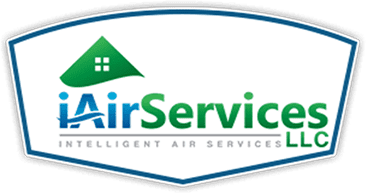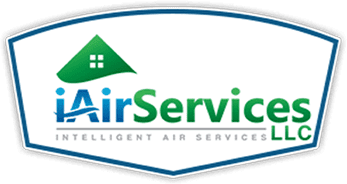How to Improve Indoor Air Quality in Your Home
Ensuring clean and healthy indoor air is crucial for your family's well-being. However, with the increasing pollution levels, it's becoming more challenging to maintain good indoor air quality. Fortunately, there are several practical steps you can take to improve the air quality in your home. In this blog post, we will discuss five effective strategies that will help you achieve cleaner and fresher air indoors.
1. Regularly Change Air Filters
One of the simplest yet most effective ways to enhance indoor air quality is by regularly changing your HVAC system's air filters. These filters trap dust, pollen, pet dander, and other airborne particles, preventing them from circulating throughout your home. Aim to replace your air filters every 30-90 days, depending on the filter type and the level of pollutants in your area.
For more information on air filter maintenance and replacement, you can visit the Environmental Protection Agency (EPA) website.
2. Control Humidity Levels
Excessive humidity can lead to mold growth and worsen respiratory conditions. Use a dehumidifier in damp areas such as basements or bathrooms to maintain humidity levels between 30-50%. Additionally, ensure proper ventilation in these areas to prevent moisture buildup.
If you're interested in learning more about the impact of humidity on indoor air quality, the National Institute for Occupational Safety and Health (NIOSH) offers valuable resources.
3. Eliminate Indoor Pollutants
To improve indoor air quality, it's essential to identify and eliminate common pollutants. Regularly vacuum and dust your home to remove allergens and dust mites. Avoid smoking indoors, as tobacco smoke contains harmful chemicals that can linger in the air for long periods. Additionally, consider using natural cleaning products and limiting the use of chemical-based air fresheners.
For a comprehensive list of indoor pollutants and their potential health effects, you can refer to the World Health Organization (WHO) website.
4. Enhance Ventilation
Proper ventilation is crucial for maintaining good indoor air quality. Open windows and doors whenever possible to allow fresh air to circulate. Consider installing exhaust fans in kitchens and bathrooms to remove pollutants generated during cooking or bathing. Regularly check and clean your HVAC system's air ducts to prevent the accumulation of dust and debris.
To learn more about the importance of ventilation and its impact on indoor air quality, you can visit the Centers for Disease Control and Prevention (CDC) website.
5. Schedule Professional HVAC Maintenance
Regular HVAC maintenance is essential for optimal indoor air quality. Professional technicians can inspect your system, clean the ducts, and ensure everything is functioning efficiently. They can also identify and address any potential issues that may be affecting your air quality.
If you're in the Austin, TX area, Intelligent Air Services, LLC (iAir) offers comprehensive HVAC maintenance services to improve your indoor air quality. Their skilled technicians use advanced techniques to keep your HVAC system running smoothly while ensuring cleaner and healthier air for your home.
Contact Intelligent Air Services, LLC (iAir) today to schedule your HVAC maintenance and experience the difference!


.2307121050550.png)